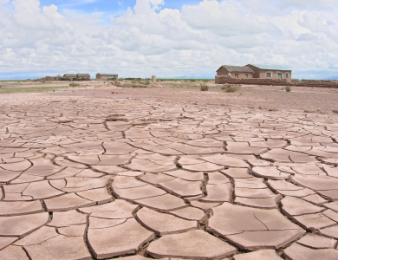The 4th Session of the Americas Platform for Disaster Risk Reduction is held this week from May 27 to 29 in Guayaquil, Ecuador. The aim is to review progress on reducing exposure to disaster risk in the Americas.
The conclusions of this session will contribute to build the new global agreement on disaster risk reduction which will replace the existing Hyogo Framework for Action and will be adopted in March 2015 during the Third UN World Conference on Disaster Risk Reduction in Sendai, Japan.
Since the region actually faces various challenges, including economic development and population growth, reducing economic losses from disasters is one the main objectives of the region.
Margareta Wahlström, Head of the UN Office for Disaster Risk Reduction believes that “the contribution of Latin America and the Caribbean to the post-2015 global framework for disaster risk reduction will be particularly important for how we tackle risk in urban areas this century as over 70% of the population lives in towns and cities.” She affirms that “special attention will be given to the Caribbean island states and the disproportionate impact which disasters have on their economies and social development.”
Various events are planned to take place during this session, including a session on integrating climate change adaptation and disaster risk reduction.

